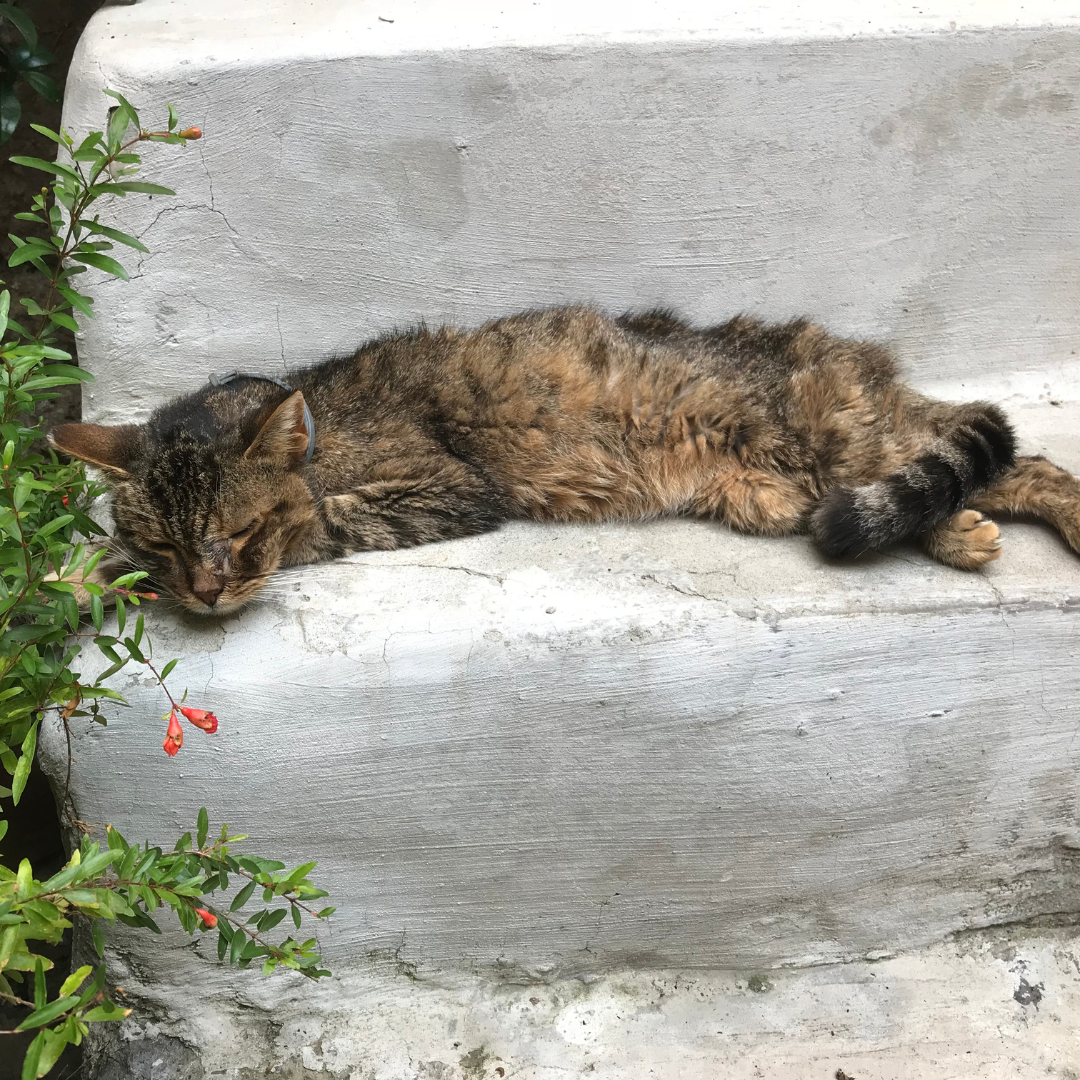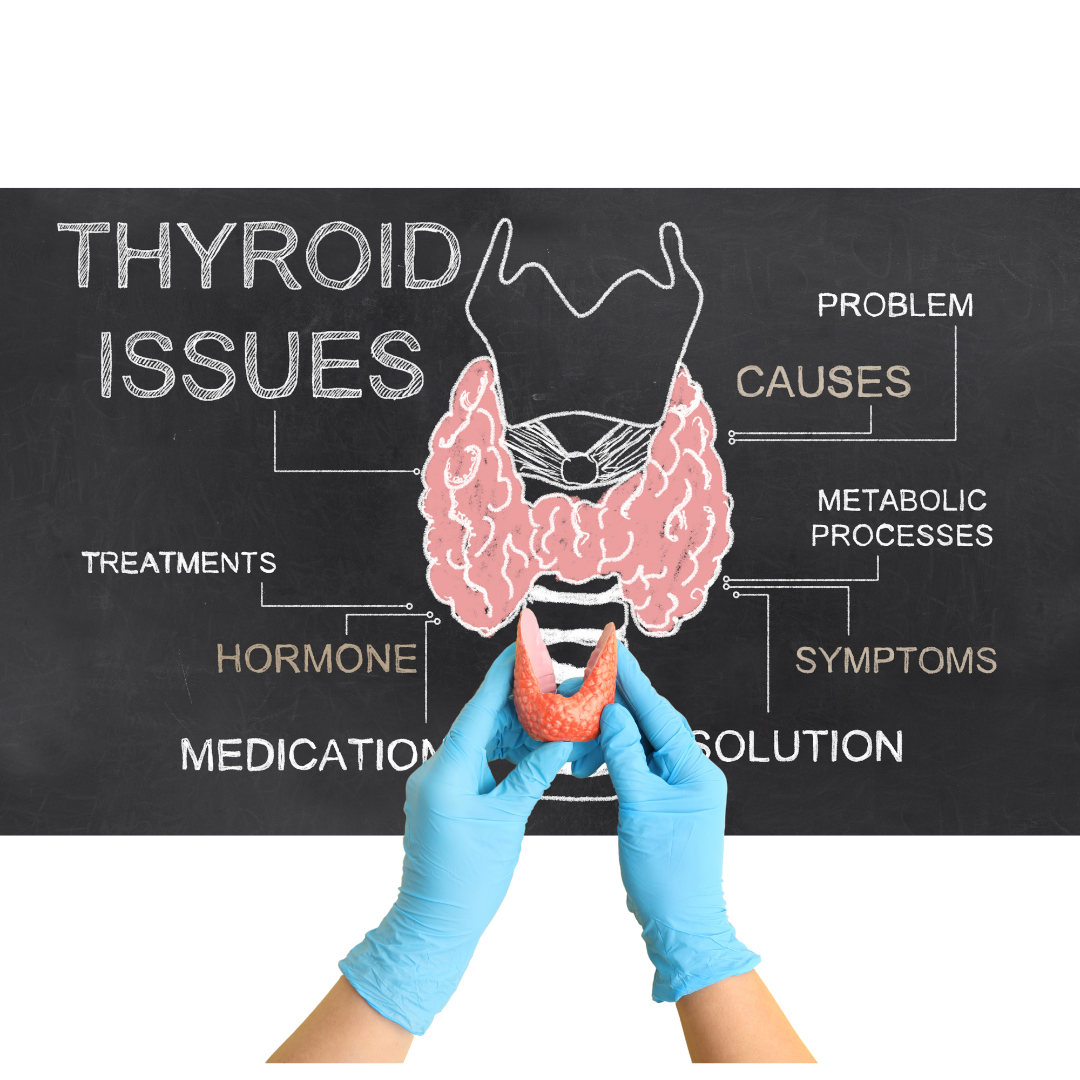
Cat Enteropathy (Intestinal Inflammation): An Overview
Cat Enteropathy, also known as intestinal inflammation, is a common health issue in cats.
It is not a specific disease but a group of diseases that cause the loss of proteins from the bloodstream into the gastrointestinal (GI) tract1.
This article will provide an overview of the symptoms, causes, effects, and treatment of Cat Enteropathy.
Symptoms
Cats with chronic enteropathy may present with any combination of gastrointestinal clinical signs2.
The most common symptoms include:
- Weight loss: Unexpected weight loss is frequently one of the initial symptoms seen in cats with protein-losing enteropathy3.
- Diarrhea: Chronic diarrhea is a common sign of cat enteropathy1. The diarrhea may come and go, and it may be continuous or may be the consistency of water1.
- Vomiting: Cats with chronic enteropathy often experience vomiting2.
- Changes in appetite: Cats with this condition may show changes in their appetite2.
- Lethargy: Cats with chronic enteropathy may become lethargic1.
- Abdominal pain: Some cats may experience abdominal pain4.
- Anemia or other blood disorders: Depending on the severity of the disease and the presence of other conditions, cats may develop anemia or other blood disorders4.
Causes
The exact cause of Cat Enteropathy is not well known.
However, several factors may be involved, such as:
- GI diseases: Primary GI disease, heart disease, and diseases of the lymphatic system can all cause protein-losing enteropathy1.
- Infections: Diseases that directly affect the GI tract and can lead to protein-losing enteropathy include viral gastroenteritis (e.g., panleukopenia), bacterial gastroenteritis (e.g., salmonella), fungal gastroenteritis (e.g., histoplasmosis), and parasitic enteritis (e.g., whipworms)1.
- Inflammatory bowel disease (IBD): IBD is a common cause of chronic enteropathy in cats5.
- Adverse food reactions: Food intolerance can also lead to protein-losing enteropathy1.
- Mechanical GI disease: Chronic foreign body irritation (without creating a blockage) can cause protein-losing enteropathy1.
- Intestinal cancer: Certain types of cancer, such as carcinoma, can lead to protein-losing enteropathy1.
Effects
Chronic enteropathy can have several effects on a cat’s health.
When disease occurs, protein loss may exceed protein manufacturing by the body, leading to a condition called "hypoproteinemia"1.
When hypoproteinemia is severe, fluid may leak from the circulatory system into the abdomen, chest, or out of the tiny blood vessels in the limbs, causing swelling of the legs1.
Cats with chronic enteropathy generally have a difficult time maintaining their weight1.
Treatment
The treatment of Cat Enteropathy is determined by the underlying disease1.
Severe hypoproteinemia may require hospitalization for plasma transfusions, or the use of intravenous fluids to keep fluid within the vasculature (blood vessels in the body)1.
If a cat has difficulty breathing, it may become necessary for the veterinarian to remove fluid from the chest or abdomen1.
Dietary modification is a crucial part of the treatment.
Cats with chronic enteropathy should be fed a highly digestible, palatable, high-protein formula to minimize lean body mass loss, manage impaired digestion and/or absorption of macronutrients (e.g., protein, fat, or carbohydrate), and/or address dysbiosis2.
Conclusion
In conclusion, Cat Enteropathy is a complex health issue that requires careful diagnosis and treatment.
If you notice any of the symptoms mentioned above in your cat, it is recommended to consult with a veterinarian for a proper diagnosis and treatment plan.
Love you feline companion more and show affection creatively.
Visit our shop for our awesome pet inspired graphic t-shirt collection wear it proudly and let the world know just how much your furry friend means to you.
Disclaimer: This article is intended for informational purposes only. It is not meant to substitute for medical advice or diagnosis provided by your veterinarian. If your cat shows symptoms, please consult your veterinarian immediately.



Leave a comment
This site is protected by hCaptcha and the hCaptcha Privacy Policy and Terms of Service apply.